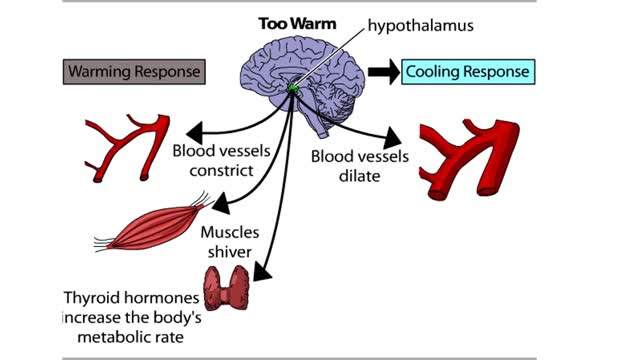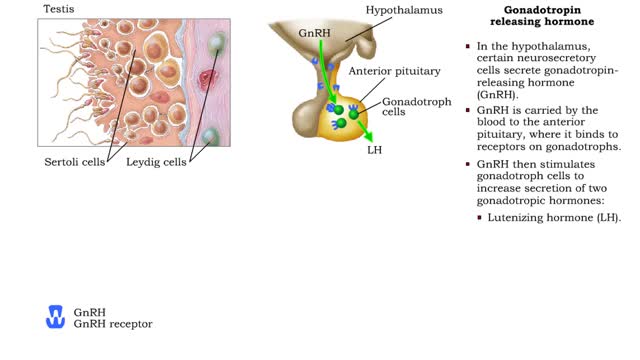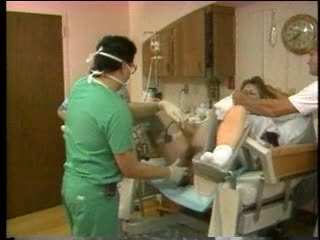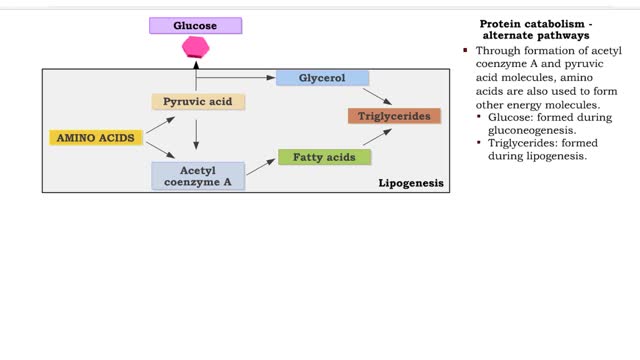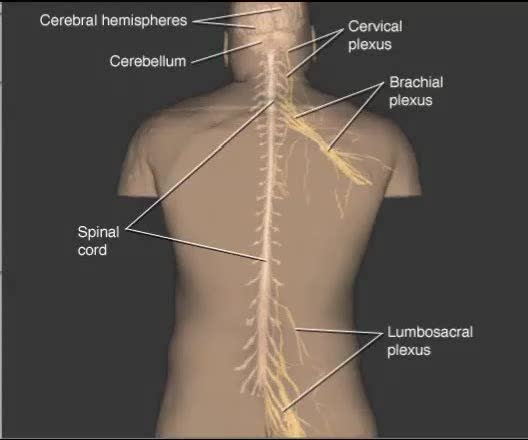Search Results
Results for: 'endocrine'
The Hypothalamus: The Body's Thermostat (Human Thermostat)
By: HWC, Views: 10279
Normal body function requires a relatively constant body temperature, which is regulated by the body's thermostat, a region of the brain called the hypothalamus. The hypothalamus generates a temperature set point for the body and appears to be the major site for the integration of temperature inf...
Male Reproductive System - The gonadotropin releasing hormone
By: HWC, Views: 11872
• Hormonal mechanisms that influence male reproductive function involve endocrine tissues contained in the: • Hypothalamus of the brain. • Anterior pituitary. • Testes. • In the hypothalamus, certain neurosecretory cells secrete gonadotropin- releasing hormone (GnRH). • GnRH ...
Second Stage of Labor and Delivery
By: Administrator, Views: 658
During labor forceful contractions move the fetus down the birth canal and expel it from the uterus. Signs and symptoms that labor is about to start can occur from hours to weeks before the actual onset of labor. Braxton Hicks contractions Irregular contractions that begin in the second trim...
First Stage of Labor and Delivery Video
By: Administrator, Views: 14249
During labor forceful contractions move the fetus down the birth canal and expel it from the uterus. Signs and symptoms that labor is about to start can occur from hours to weeks before the actual onset of labor. Braxton Hicks contractions Irregular contractions that begin in the second trim...
Protein catabolism (Krebs cycle) and Protein anabolism (protein synthesis)
By: HWC, Views: 11647
• Deaminated acids are brought into the Krebs cycle to be oxidized to CO2 and H2O. • Before entering the Krebs cycle, the deaminated acids are converted into intermediate products (pyruvic acid, acetyl coenzyme A, carbonic acids). • In the Krebs cycle, amino acids are oxidized to form r...
Components of the Nervous System
By: Administrator, Views: 539
The nervous system is the part of an animal that coordinates its actions by transmitting signals to and from different parts of its body. The nervous system detects environmental changes that impact the body, then works in tandem with the endocrine system to respond to such events. Nervous tissue...
Advertisement



